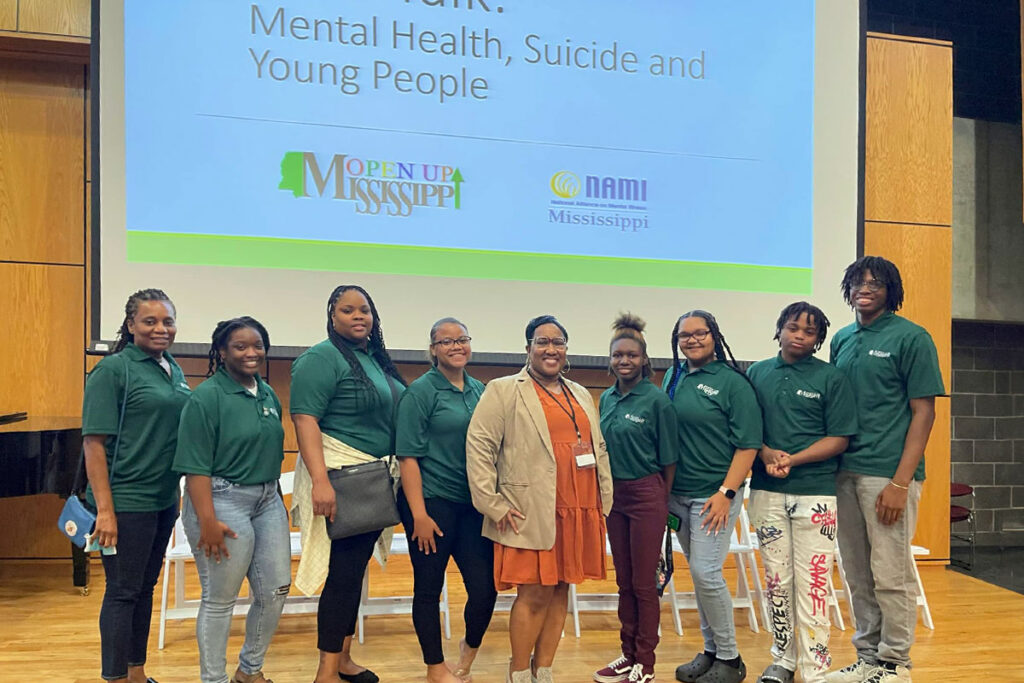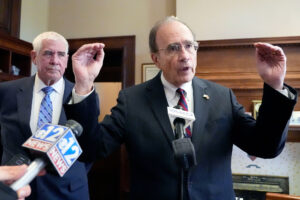Clinical social worker Shalonda Carlisle has noticed that teens she speaks with often “don’t feel comfortable talking to their parents” about issues that affect them.
“What I noticed is that when I talk to teens, they don’t feel comfortable talking to their parents,” she told the Mississippi Free Press. “They don’t feel like their parents are active listeners and want to understand them and do better.”
Carlisle is the creator of the Teen Suicide Summit, which held its second annual event at Tougaloo College on Sept. 30. Teens, parents and mental-health professionals from across Mississippi gathered to discuss topics like suicide prevention, signs of mental illness, safe spaces for youth and the potential harms of teens using social media.
Through her private practice, Carlisle Counseling and Consulting Services, LLC, the summit’s founder counsels children and teens starting at 4 years old. Carlisle said she was inspired to take action after the suicide death of a Jackson Public Schools student last year.
“I know everybody was affected by the teen from Murrah High School that lost her life to suicide,” Carlisle said. “I didn’t know the young lady, but I wanted to do something about it. I didn’t know how I would do it or how to pay for it.”
She started making calls, asking therapists and counselors she knew whether they would be willing to join in her mission to get more parents and young people to talk to one another about mental health. They agreed and organized the first Teen Suicide Summit last year. Carlisle said the summit was the first of its kind in Mississippi, one centered on teenagers where young volunteers serve as moderators and facilitate the conversations.
“We wanted to make sure that the teens were included as much as possible,” Carlisle said. “We wanted the teens to know that it’s their summit, we’re just there to support them.”
Social Media and Cyberbullying
In 2021, the Mississippi Department of Mental Health reported suicide as the third leading cause of death among adolescents and young adults aged 15 to 24 in Mississippi.
Mississippi Department of Health Director of Suicide Prevention Ja’Quila Newsome noted three factors that may lead a teen to take their own life: a family history of suicide, the loss of a loved one and bullying. She wants parents to understand that bullying today looks different than what they may have grown up with as children.
“Sometimes adults don’t realize how severe bullying can be,” Newsome said. “With all the technology we have today, with access to all these different apps and games, there’s an increase in youth being bullied. It doesn’t just stop at school now.”
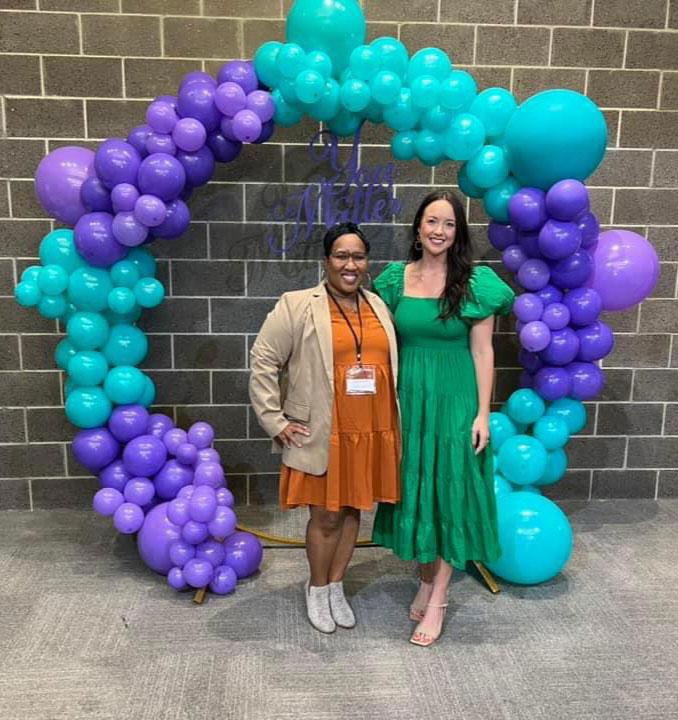
Newsome wants parents to pay attention to changes in their children’s behavior, which may indicate that they are struggling with their mental health.
“Withdrawal and isolation are two of the signs,” she explained. “If this is a youth that’s usually very active in sports or spending time with friends and they stop doing those activities, that could be a sign. If they’re normally very respectful and now they’re angry and irritable all the time, that could be a sign.”
Other signs, Newsome listed, could include a teen sleeping more often, changes in their eating habits, a significant change in their academic performance and problems in school with teachers or peers.
The Challenges of Social Media
Carlisle and Newsome both pointed to social media as one of the drivers for poor mental health in teenagers today.
“Social media is unfortunately the vital way teens today express themselves, positively and negatively,” Carlisle said. “But social media also has produced cyberbullying and harassment that has caused many to have mental-health challenges or to commit suicide.”
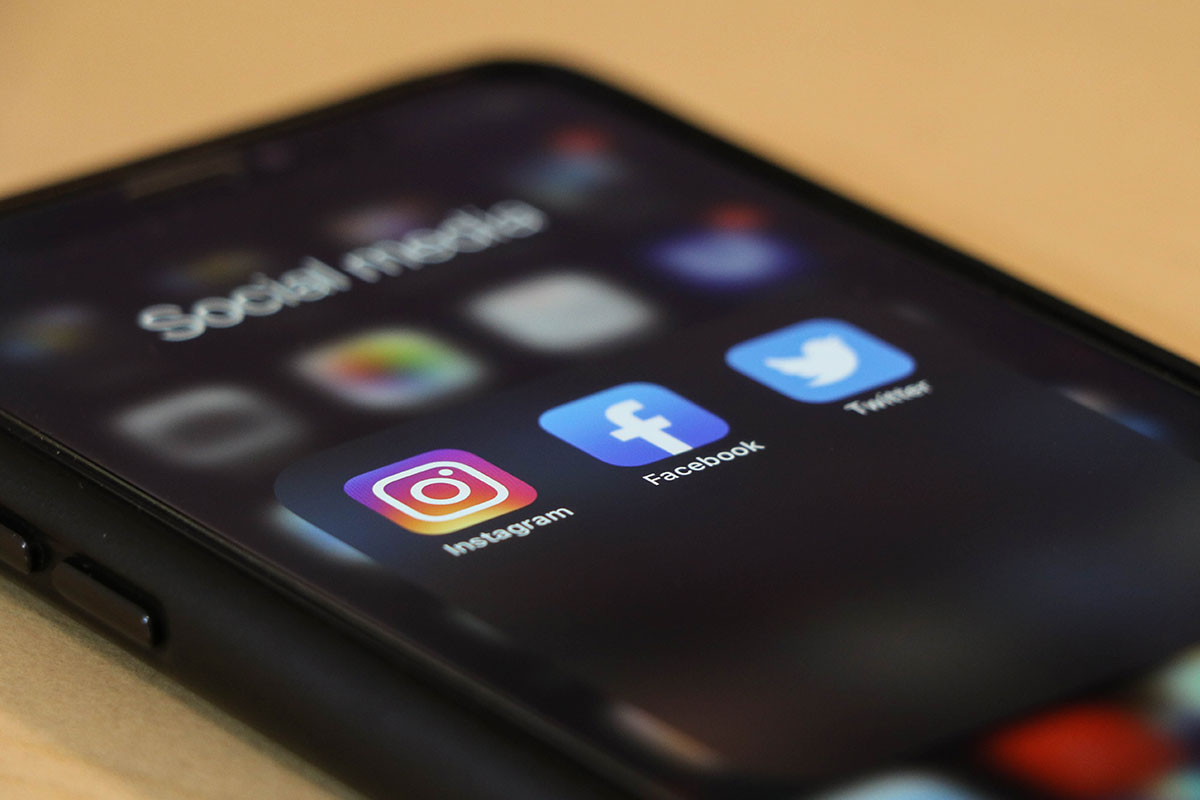
This sentiment has been echoed nationally. In May, U.S. Surgeon General Dr. Vivek Murthy released an advisory on the risks social-media use poses to the mental health of teenagers and other young people. He issued an urgent call for lawmakers, researchers, social-media companies and families to “gain a better understanding of the full impact of social-media use, maximize the benefits and minimize the harms of social-media platforms, and create safer, healthier online environments to protect children.”
This year, several school districts across the country began suing social-media companies over what they allege to be harmful effects social media is having on children. On Oct. 10, the state of Utah filed a lawsuit against TikTok, accusing the company of harming young people.
“Social-media companies must be held responsible for the harm they are causing,” Utah Governor Spencer Cox said. “The experts—from the U.S. Surgeon General and behavioral science researchers to parents and teens—all agree that social media is affecting our children’s mental health, and it’s time to intervene.”
Amid a bipartisan congressional push earlier this year for legislation to regulate social media, TikTok CEO Shou Zi Chew testified before Congress about national-security concerns and the safety of the app’s users. Executives at YouTube, Snapchat and Facebook have faced similar questions from lawmakers who suggest the companies prioritize profits over the safety of children.
While litigation is ongoing, Section 230 of the 1996 Communications Decency Act may shield social-media giants from being held accountable for any alleged harms against young people. “No provider or user of an interactive computer service shall be treated as the publisher or speaker of any information provided by another information content provider,” the section states. Section 230 is considered the “legal backbone of the internet” that provides immunity for companies to not be held liable for content users post, with a few exceptions.
‘Be a Voice for Your Child’
As schools districts and Congress attempt to take on social-media giants in legal battlegrounds, much of the talk at the Teen Suicide Summit on Sept. 30 surrounded how parents and teens can start having honest, open conversations with one another about mental health.
Tameka Tobias, a mental-health advocate and former executive director for the Mississippi National Alliance on Mental Illness, attended the summit with her 14-year-old son, Dylan, who volunteered at the event.
“I always talk to Dylan about what’s normal behavior versus what’s not normal,” Tobias told the Mississippi Free Press..
This year’s summit featured two separate agendas: one for adolescents and one for parents and mental-health professionals.
“When the kids wouldn’t open up and talk with us, they had space to talk amongst their peers,” she said. It’s something her son Dylan said was helpful.
“Kids know they feel bad but they don’t know why or how to get better,” he said. “It’s all right to not be OK but try to find the root of why you don’t feel OK.”
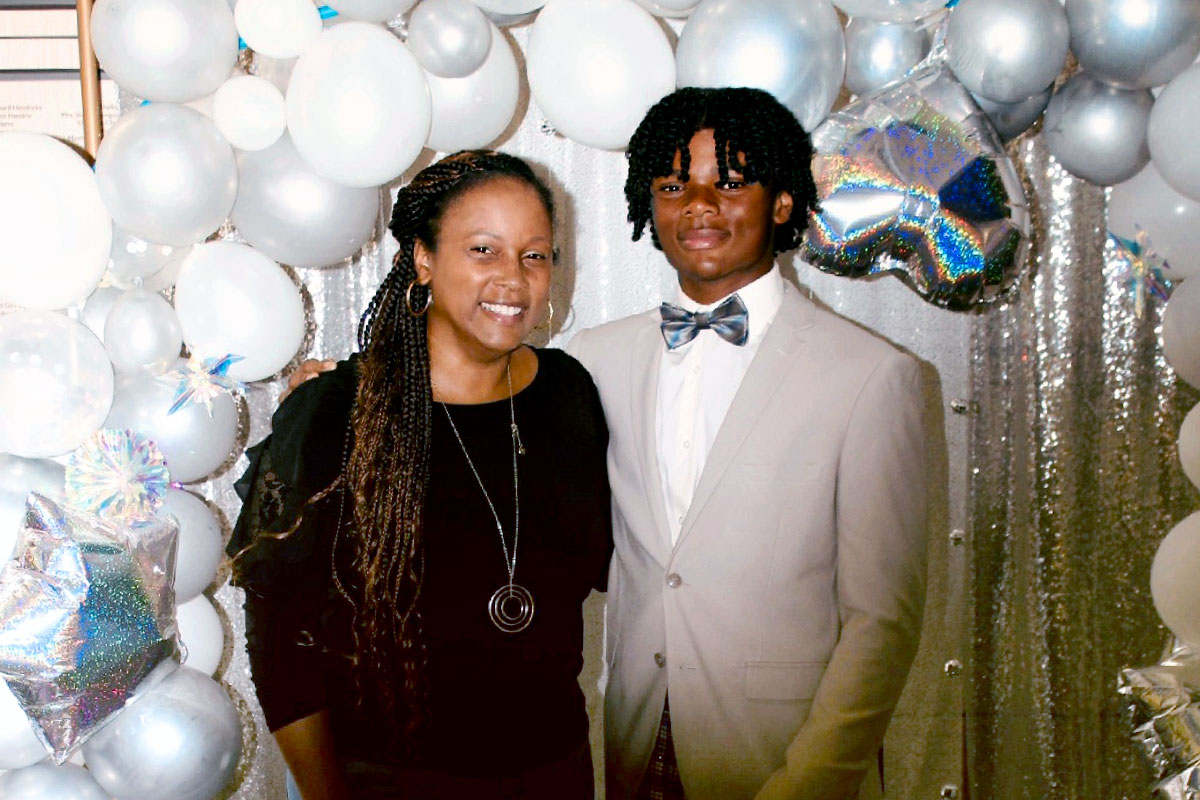
Tameka Tobias said parents should not be afraid of talking to teens about mental health, particularly when it comes to their phone activity and using social media.
“Be a voice for your child when they can’t be a voice for themselves,” she advised.
One tool she has implemented with Dylan is random, periodic phone checks and making her son take extended breaks from using his phone when she sees concerning behavior.
“Before, I would just grab his phone and put it away because I thought he needed a phone break,” Tobias said. “You could see the difference in his mood when he was on his phone a lot.” Now, she said, he has gotten more comfortable with the rule, and she enforces a scheduled phone break every couple of months. She said it has made their relationship better.
“At first he was combative about it, but I feel like it strengthened the relationship,” she said. “He knows he can come to (his parents) about anything.”
“I would recommend other parents implement a phone break,” Tobias added. “Parents just need to have a conversation with their child about phones.”
That’s something Shalonda Carlisle stresses to parents, open communication with teens about their feelings and how what they’re doing online may be affecting their mental health. But she said many parents are healing from and trying to understand their own trauma at the same time that they’re trying to raise children.
“There’s no parental manual, people are doing the best they can,” Carlisle said. “Some parents just inherited toxic parenting styles.”
Carlisle hopes to continue hosting the Teen Suicide Summit every year and wants to expand it to other parts of Mississippi.
She noted that over her 20 years of work in the field, she has seen parents become more receptive to having these conversations with their children but that said parents must continue prioritizing creating safe spaces for teens to share their feelings.
“Suicide is preventable but we have to let these kids know that they matter,” Carlisle said. “Times have changed; we have to change with the times.”


